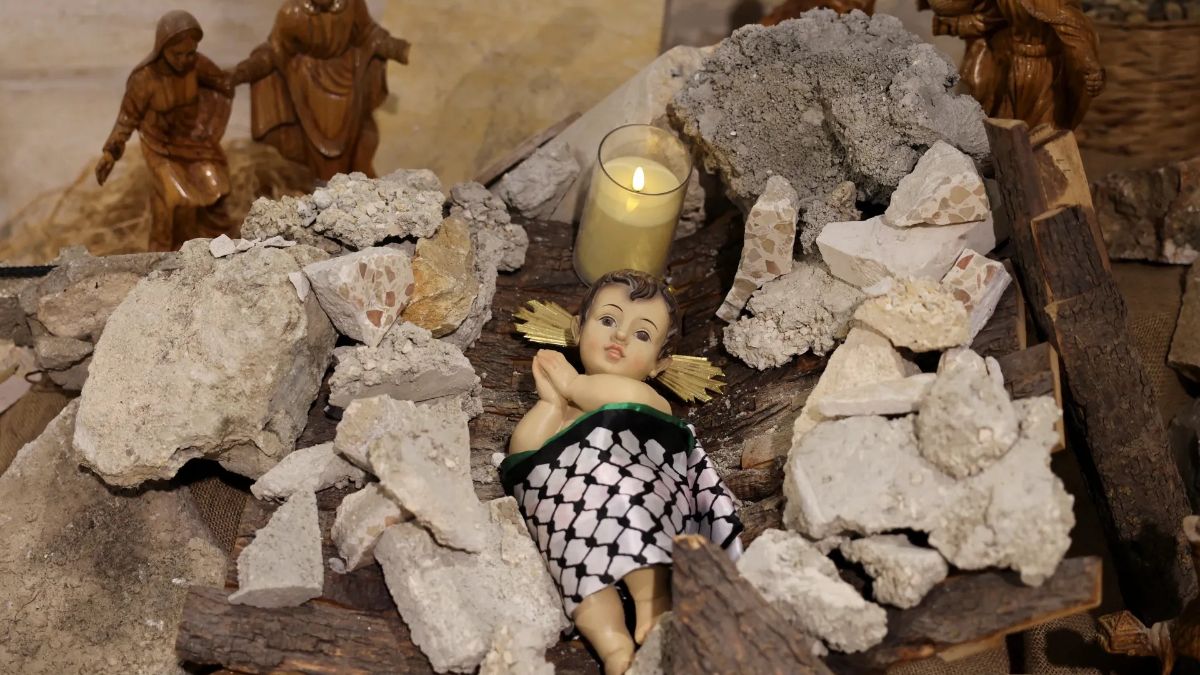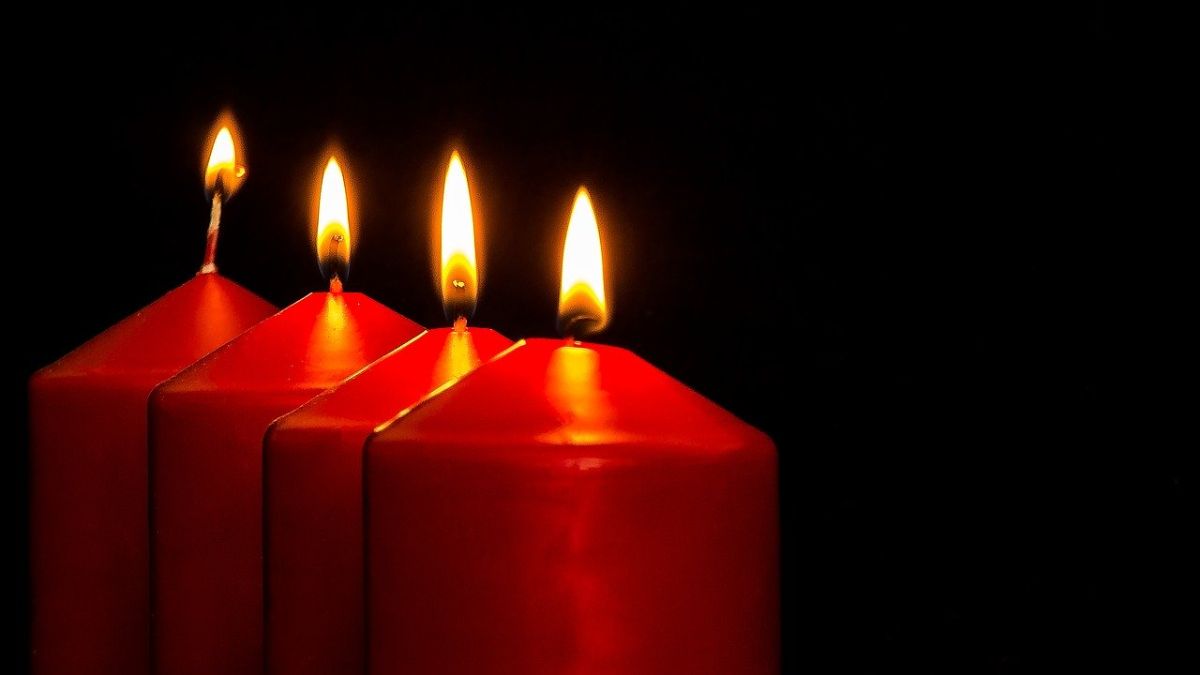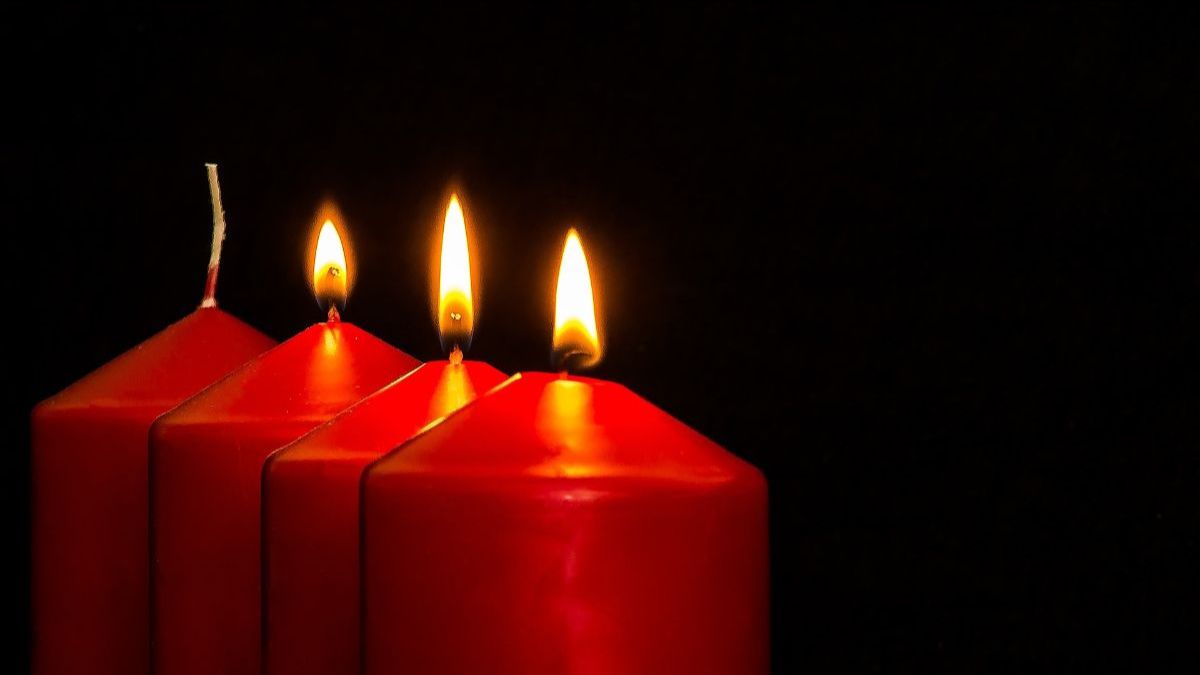The Inauguration
"Then he began to speak, and taught them, saying: 'Blessed are the poor in spirit, for theirs is the kingdom of heaven...'"
Mathew 5:1-12
January 27, 2017, Words By: Kris Rocke, Image By:
We are told that the three most important words in real estate are: Location! Location! Location! I don’t think God got that memo when, as Eugene Peterson puts it, “The Word became flesh and moved into the neighborhood,” (John 1:14).
When God goes looking for a home, God does not pick the high rent district of humanity. God moves into what most of the world considered a cursed ghetto in the backwaters of the Roman Empire.
If the Incarnation means anything it is about the relocation of God’s blessing from “up there” to “down here.” It’s God’s Yes and Amen to this world. It is a blessing from below, in the most unexpected way-in and among that which we call cursed. This always comes as a shock to us.
In this week’s text, Jesus is doing a riff on the Incarnation. He is peering inside the reality of God’s Kingdom and how it works. He is teaching that God’s blessing is not where we think it is. The ones that we see as cursed turn out to be the ones on whom God’s favor rests. Is this because the poor, the mourning, the meek, and the hungry are more deserving than the rest of us? Not at all! God’s kingdom is not a meritocracy where favor is a reward for good behavior. Jesus is helping us see what has always been true though hidden. Namely, the “cursed” are not the object of God’s scorn as we thought; they are the objects of OUR scorn, which is why Jesus locates himself there and does the unimaginable. He blesses the world through that which is cursed! In a way, this is his inauguration speech that ushers in the upside-down Kingdom of God.
If we look into the face of the cursed one long enough we see two things. First, we see ourselves, or what Ronald Rolheiser calls our own “cursed consciousness.” A cursed consciousness is one that has internalized the curses of others and sees the world through the lens of self-hatred, bitterness and rivalry, projecting it outward. As a result, we see things, not as they are, but as we falsely see ourselves. Second, we see the face and grace of Jesus who returns us to ourselves, clothed and in our right mind. Isn’t this what happens on the Cross? The Cursed One, who is the object of our scorn (not God’s), breaks the cycle of violence with this life-affirming, world-healing blessing, “Father forgive them for they do not know what they are doing” (Luke 23:34). He returns curse with blessing and in doing so returns us to ourselves. We become who we are, blessed ones.
Because of this, we can take the difficult and lifelong journey into our souls and those dimensions of our lives that feel cursed. We can even relocate ourselves and gladly be numbered among the transgressors. We can do this with confidence that God has pitched God’s tent there, and called it blessed and beautiful. It’s there that the Spirit transforms our “cursed consciousness” into one of delight. Only then can we bless the world. Whenever we see this happening we can be sure that the Kingdom of God is near.
Last week at the presidential inauguration here in the United States, rain began to fall during the ceremony. One minister saw this as a sign of God’s blessing on this administration and its “only America first” vision. In a sense, he was right. God’s blessing falls on all of us. God “sends rain to fall on the just and the unjust” (Matt. 5:45). However, given the up-side-down kingdom that Jesus makes visible in this week’s text, we also do well to remember that the “last are first and the first are last” (Matt. 20:16).
O Cursed One, who is our blessing, return us to ourselves with delight that we might do the same for all the cursed ones who have long since forgotten their blessedness.
Kris Rocke
Executive Director
Street Psalms



